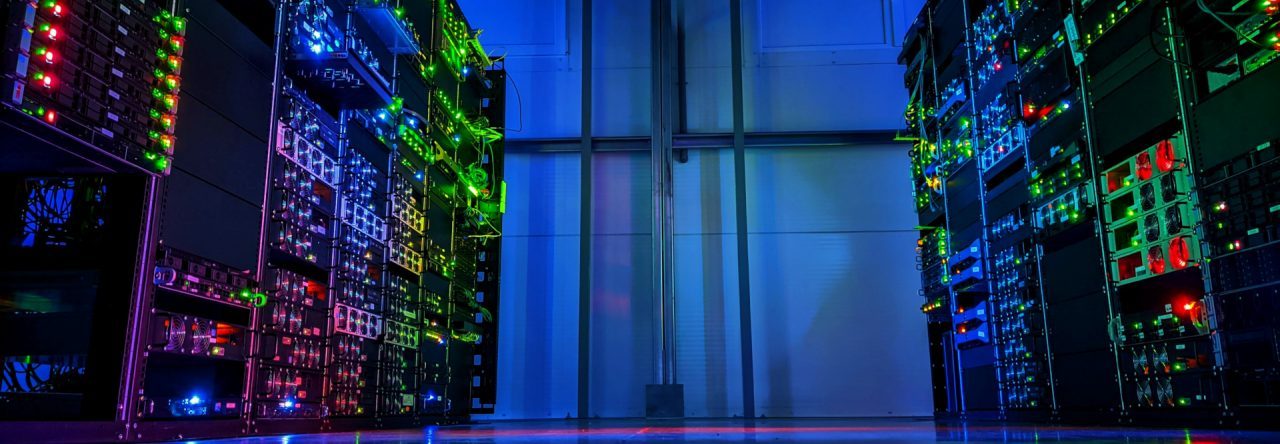In 2025, servers are the backbone of any online business. Your website, CRM system, databases, and web apps all rely on a stable infrastructure. And every growing business faces the same critical decision:
Should you rent a dedicated server or buy your own hardware?
In this article, we’ll break down both options, compare costs and risks, and help you make an informed choice.
What is an owned server?
Owning a server means buying physical hardware for your company. You can store it in your office or place it in a professional colocation facility — a data center that rents you rack space.
What comes with “owning” a server?
- You’ll need a dedicated server room with power, cooling, and security;
- A full-time system administrator or IT team;
- Spare parts, backup systems, and UPS units;
- Regular hardware upgrades every 2–3 years;
- Ongoing software licensing and infrastructure maintenance.
What is server rental?
Dedicated server rental gives you full access to powerful physical servers located in a certified data center. The provider handles all technical support and infrastructure.
With Server.UA, rental includes:
- Enterprise-grade hardware (Xeon CPUs, SSD/NVMe);
- Tier III data center with backup power and climate control;
- 24/7 technical support and proactive monitoring;
- Security features, firewalls, and regular backups;
- Quick scaling and configuration changes as your needs grow.
Comparison: buying vs renting a server
| Criteria | Owned Server | Rented Server |
| Upfront Costs | High: purchase + colocation | Low: monthly subscription |
| Maintenance | Your responsibility | Included in the service |
| Hardware Upgrades | Paid and done manually | Included and automated |
| Infrastructure | Requires in-house UPS, AC, security | Tier III-certified data center |
| Data Security | You manage everything | Firewalls, monitoring, SSL certificates |
| Scalability | Slow and expensive | Fast and flexible |
Real ownership costs: an example
A typical server with Xeon CPU, 64 GB RAM, and 1 TB SSD will cost around $1,500+. Add:
- Monthly colocation (~$80–150/month);
- Salary for a system administrator (~$700+/month);
- UPS, AC, security systems, monitoring software;
- Hardware upgrades every 1–2 years;
- Backups, antivirus, licensing.
Total cost over 12 months easily exceeds $4,000–5,000+, and that doesn’t guarantee uptime.
Real-world use case
A SaaS company serving 50+ clients considered buying hardware. After comparing costs, they chose dedicated rental from Server.UA. With full support, monitoring, and zero downtime, they saved 40% annually and launched faster — no waiting for shipping, setup, or config.
When should you buy your own server?
Choose to buy if:
- You have your own server room and infrastructure;
- An in-house IT team is ready for daily operations;
- You work offline or under strict data regulations;
- You’re ready to invest time, staff, and money long-term.
When is server rental the better option?
Server rental is ideal if:
- You need a fast, reliable launch;
- You want flexibility and scalability;
- You don’t want to manage IT infrastructure yourself;
- You value 24/7 support and guaranteed uptime.
3 reasons to choose Server.UA
- Transparent pricing and flexible plans — no surprise expenses.
- Reliable infrastructure — Tier III-certified data center.
- Full-time support — real engineers, available 24/7.
Frequently Asked Questions (FAQ)
Is it cheaper to rent or buy a server?
Renting is often more cost-effective due to lower upfront costs and full support.
How much does server rental cost?
Server.UA plans start from 2,350 UAH/month depending on the configuration.
Can I switch from rental to my own server later?
Yes — but rental is the perfect choice for startups and scaling projects.
Final thoughts
Buying a server means responsibility, risk, and high costs. Renting a dedicated server from Server.UA means:
- ready-to-go infrastructure
- technical support 24/7
- security and guaranteed uptime
View available configurations: Dedicated Servers — Server.UA

Leave a Reply